ALPHA’s research activities are organised into specific packages of work and each package centres around one or more workshops.
Workshops are essential to ALPHA’s way of working and each analytical topic involves at least one workshop. In advance of each workshop, analyses are planned and suitable harmonised data specifications are prepared and circulated. Each participating study prepares their data to the ALPHA specifications and these data are shared with colleagues at LSHTM who ensure the analysis code works for all studies. During the workshop, data managers and analysts from each study work with each other and LSHTM colleagues to explore and refine analyses, discuss results and prepare them for publication.
This approach makes it possible to move between study-specific and pooled analyses using the same code and analytical techniques and ensures everyone involved understands and has contributed to both the study-specific and pooled analyses.
Workshops
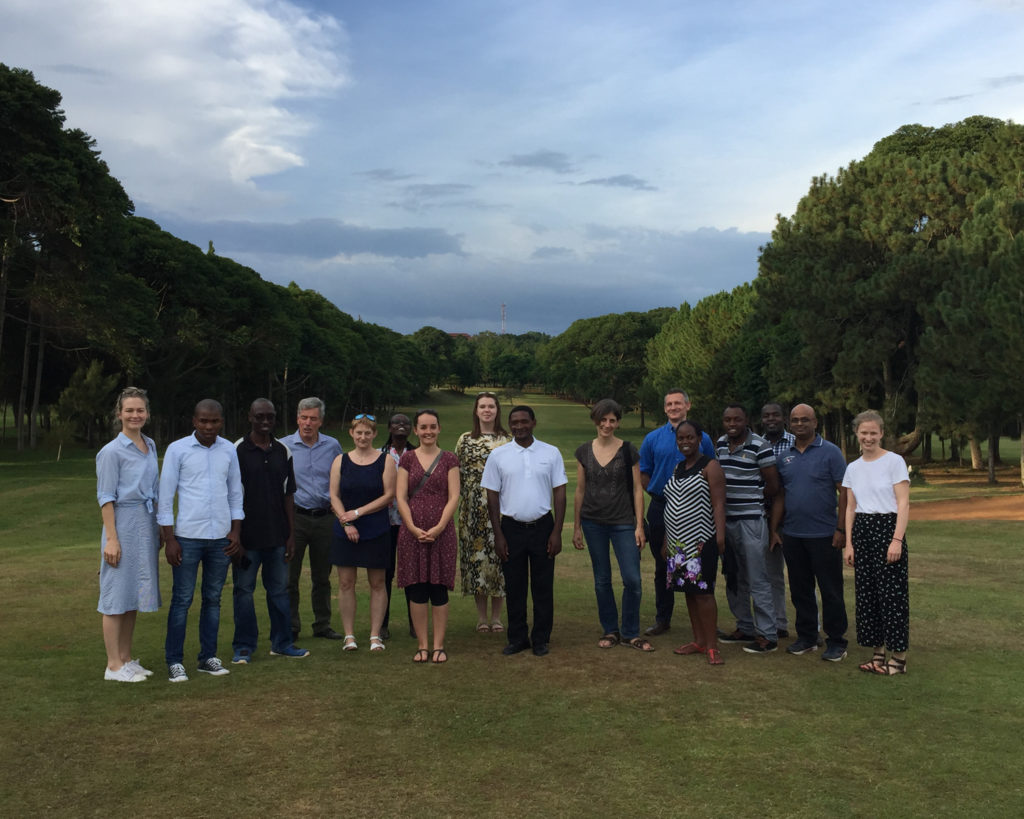
Workshop 14: HIV Incidence and sexual behaviour (2)
Entebbe, Uganda
March 2019
This workshop completed the work on HIV incidence and risk factors that was started in Zanzibar in 2016.
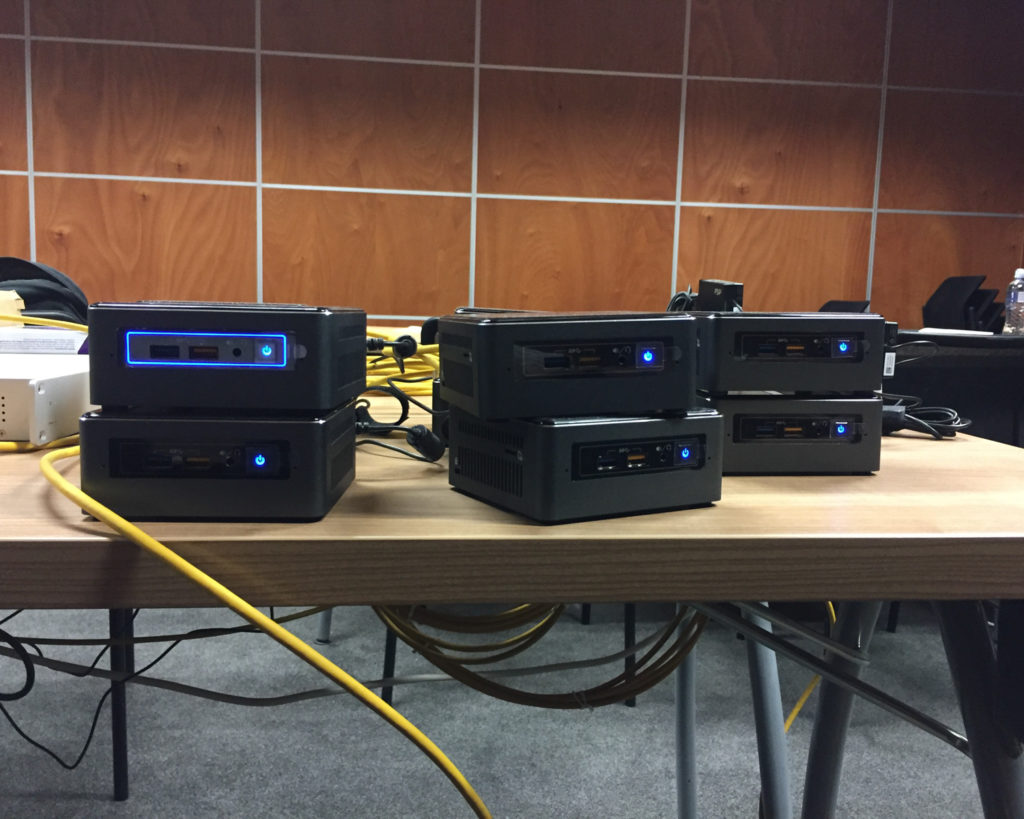
Training: Data integration with Pentaho and Centres in a Box
Durban, South Africa
November 2017
ALPHA data managers and researchers spent a week learning how to use and ETL software (Extract Transform and Load)- Pentaho data integration and familiarising themselves with Centres in a Box (CiBs).
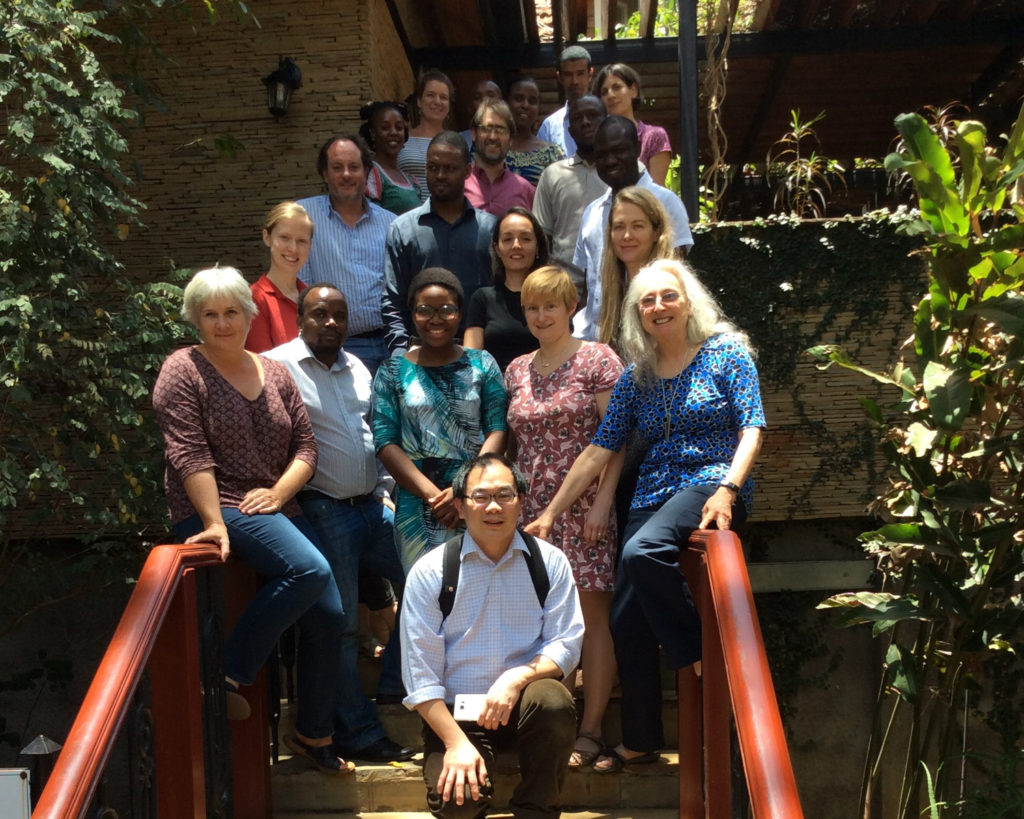
Meeting: Wellcome Biomedical Resource grant planning meeting
Nairobi, Kenya
October 2017
This meeting planned the new approach to ALPHA data harmonisation and the data linkage activities with the IeDEA Network
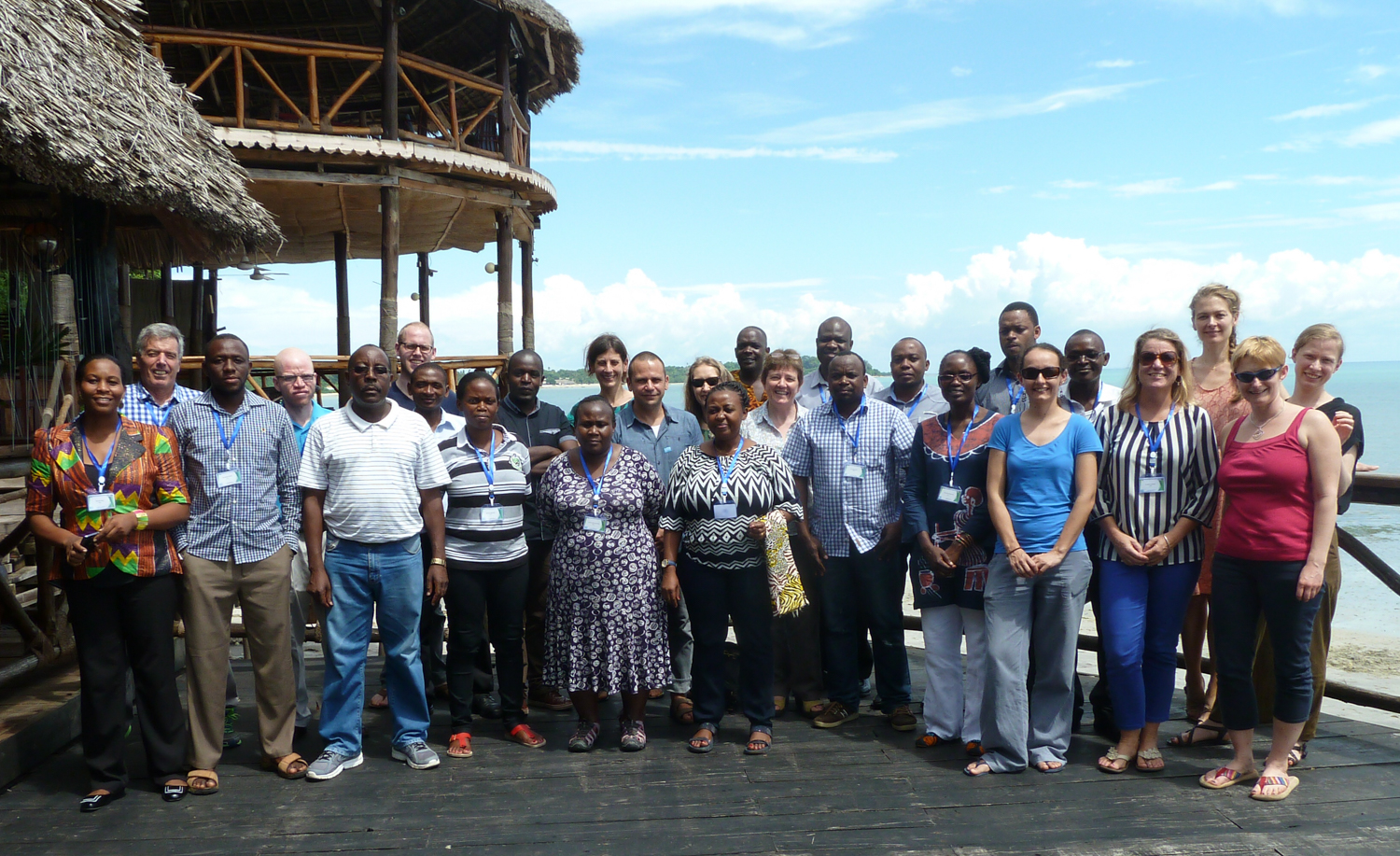
Workshop 13: HIV Incidence and risk factors (1)
Zanzibar, Tanzania
April 2016
In this workshop we looked at HIV incidence trends and risk factors.
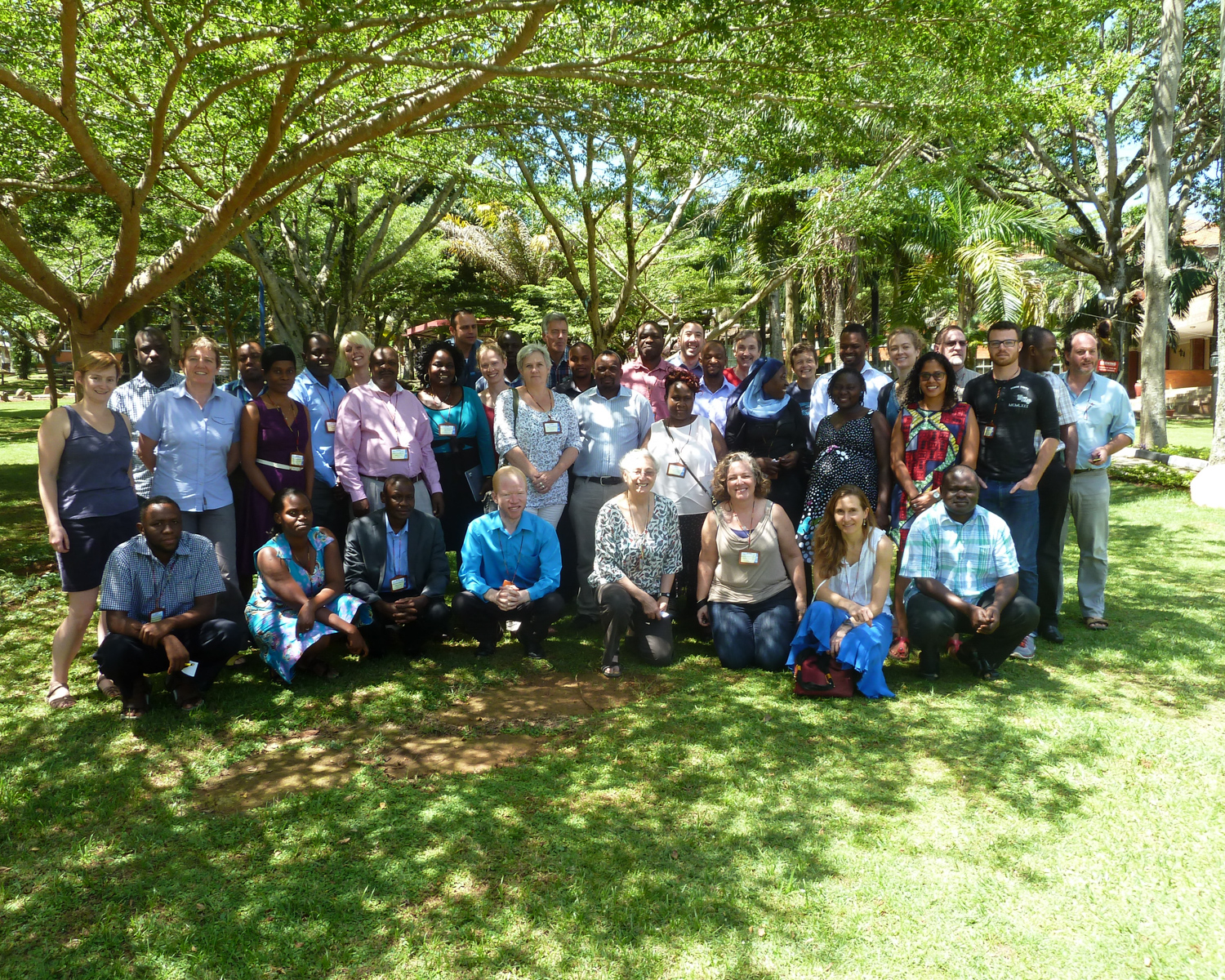
This workshop described the impact of parental HIV infection on children’s living arrangements, mortality and transitions to adulthood.
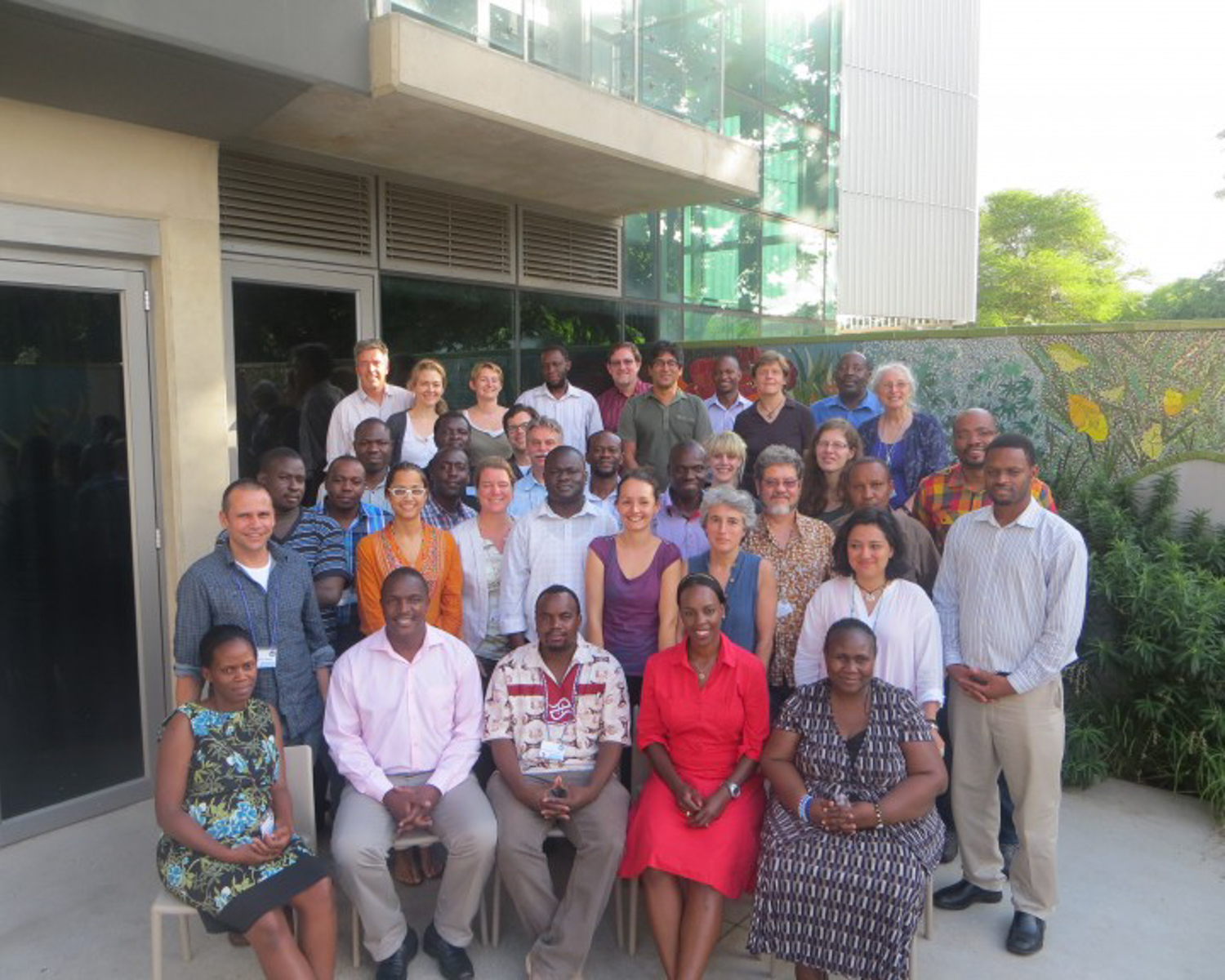
Workshop 11: Mortality on the care and treatment cascade
Durban, South Africa
February 2014
This workshop was to produce and discuss estimates of the mortality among people living with HIV by their diagnosis and treatment status and made use of linked individual-level data from ART clinics in six studies.
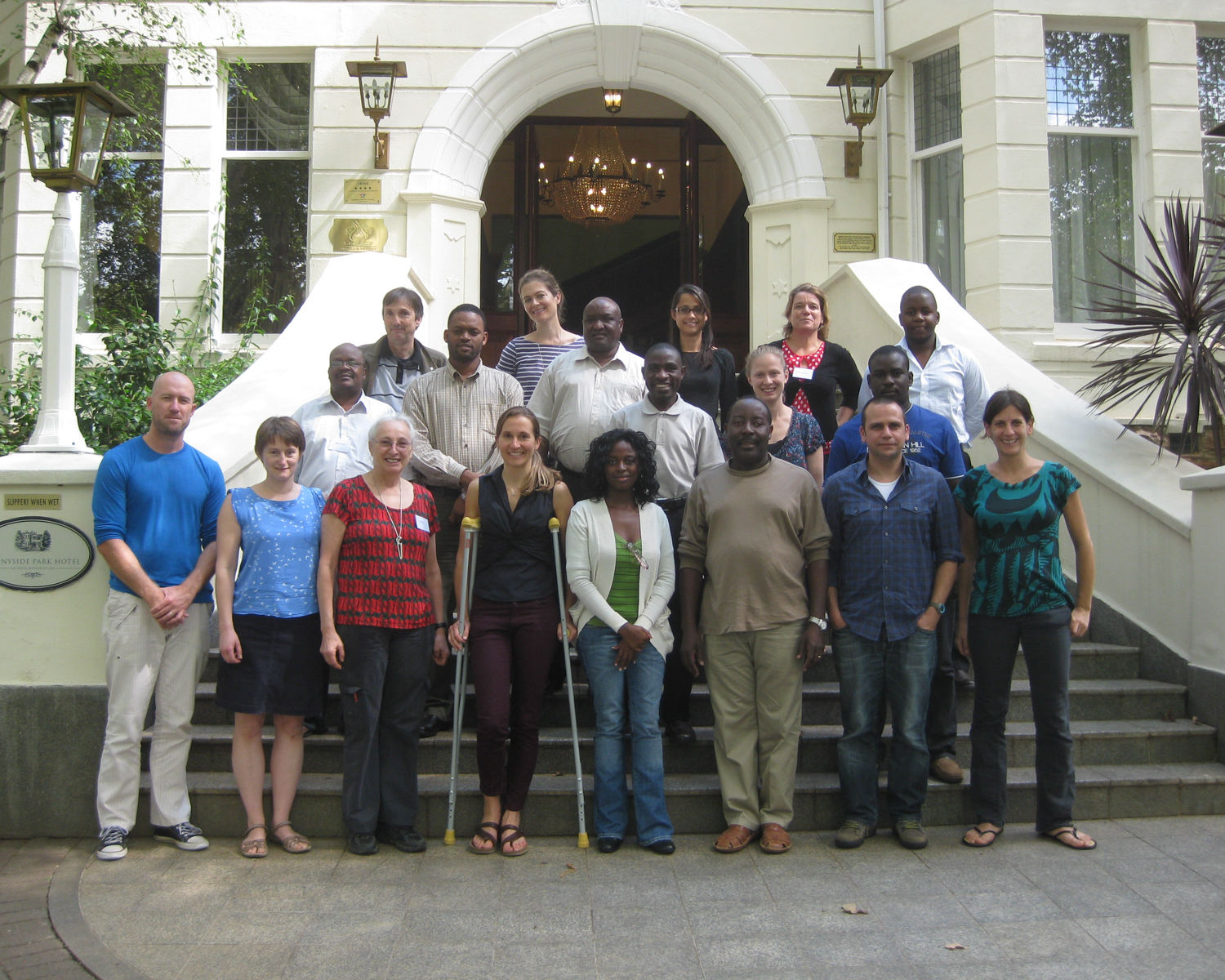
Workshop 10: Fertility writing
Johannesburg, South Africa
February 2013
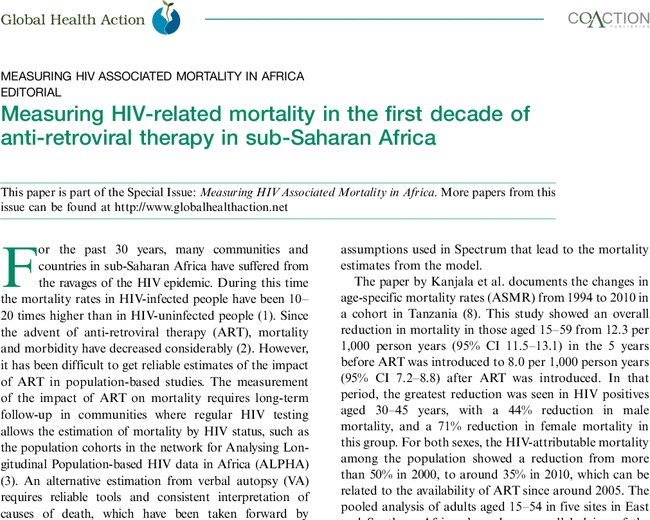
Workshop 9: Excess deaths due to HIV
Moshi, Tanzania
July 2012
The focus of this workshop was to estimate the proportion of deaths attributable to HIV infection.
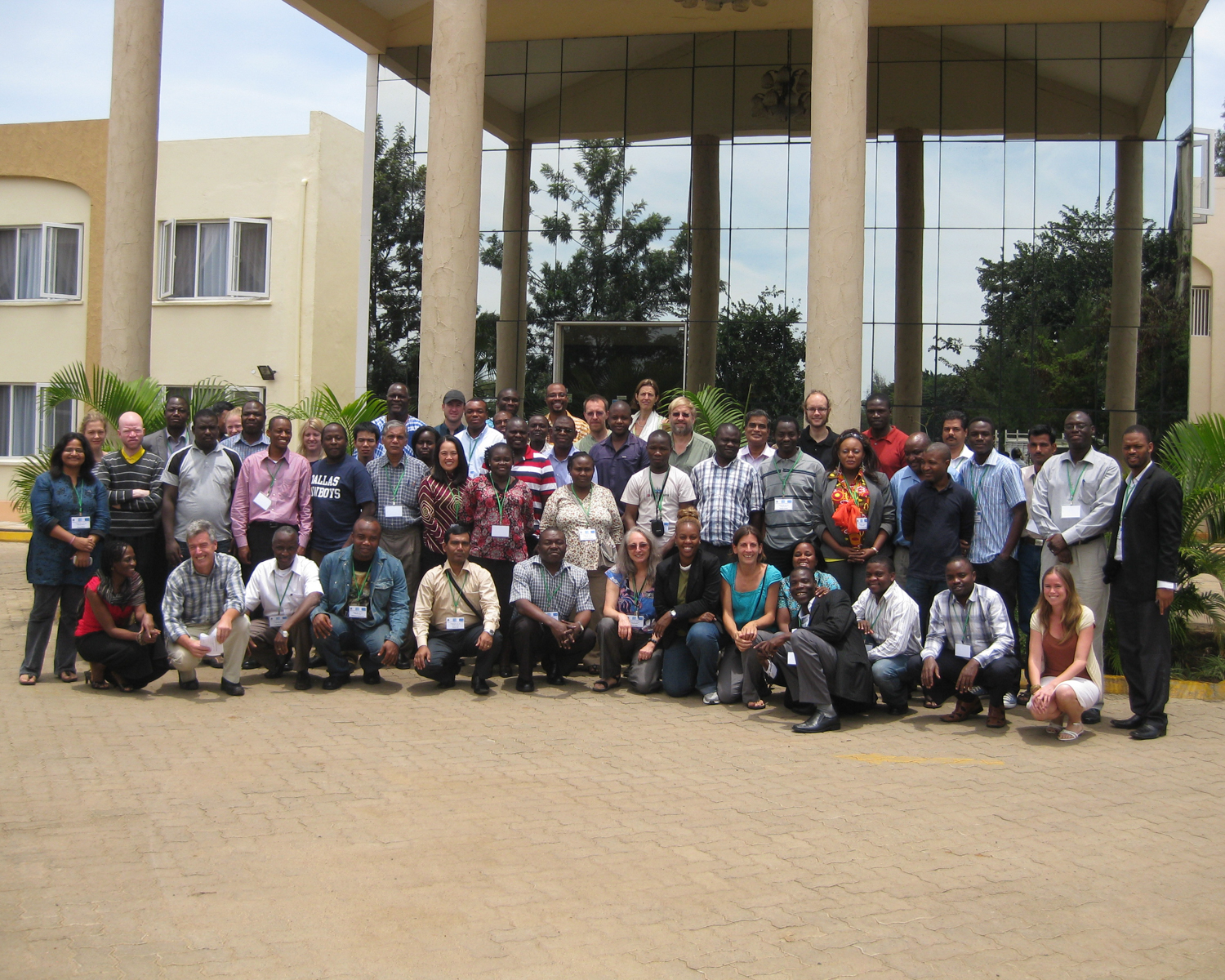
Workshop 8: Verbal Autopsy Analysis
Kisumu, Kenya
October 2011
This workshop investigated the utility of VA tools for identifying AIDS deaths with a particular focus on maternal mortality.
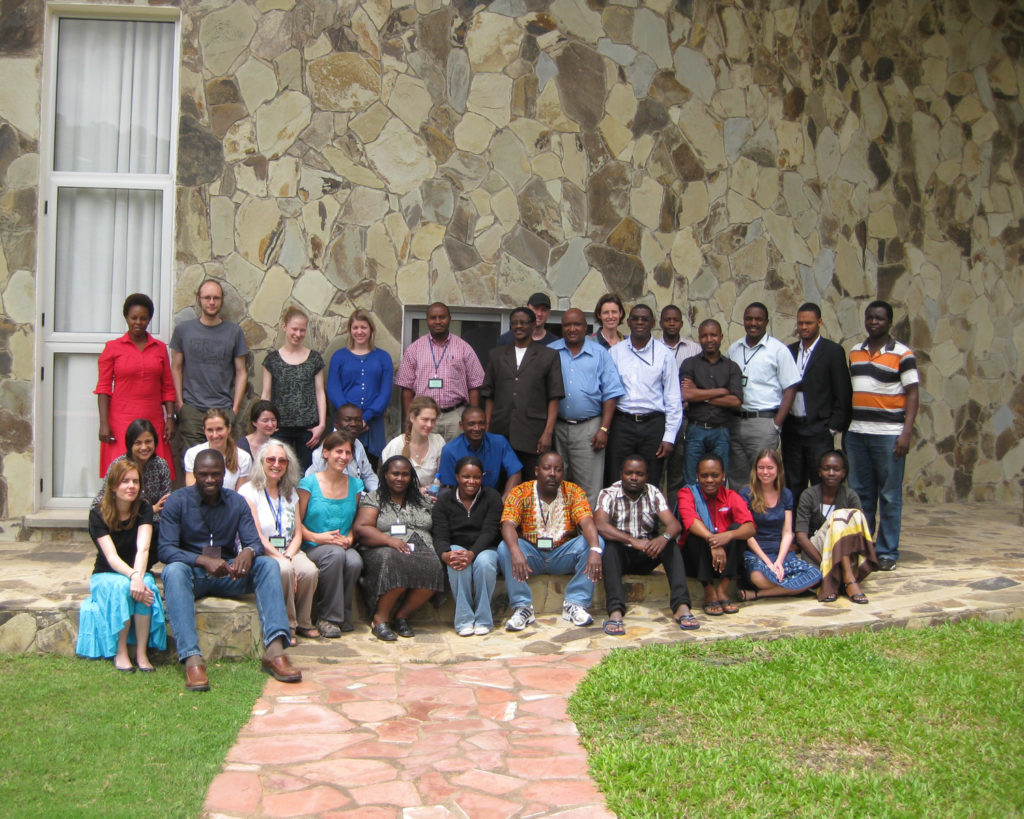
Workshop 7: HIV & Fertility
Mwanza, Tanzania
April 2011
In this workshop we looked at the impact of HIV infection on fertility and how this has been affected by treatment.
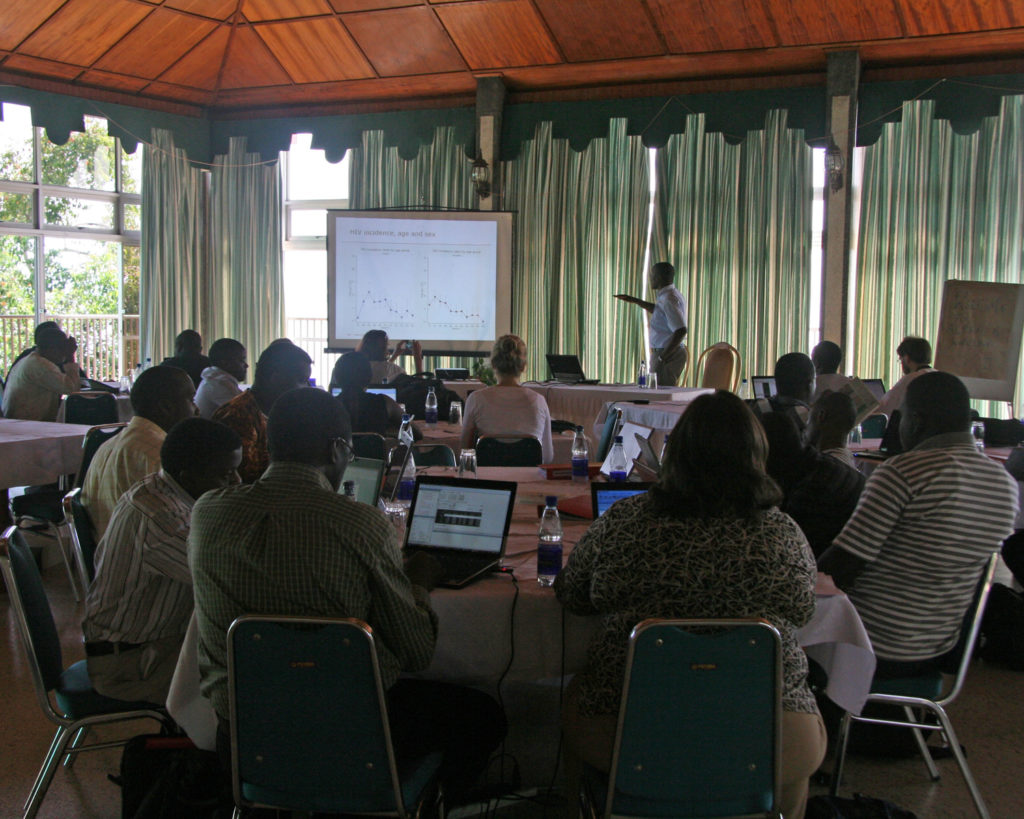
Workshop 6: Consolidation of Incidence and Prevalence estimates
Entebbe, Uganda
November 2010
This was the first workshop of our second funding phase and welcomed four new member studies who joined the network: Kisumu and Nairobi from Kenya, Ifakara from Tanzania, and Agincourt from South Africa. This workshop concentrated on producing updated estimates of HIV incidence and prevalence from harmonised data.
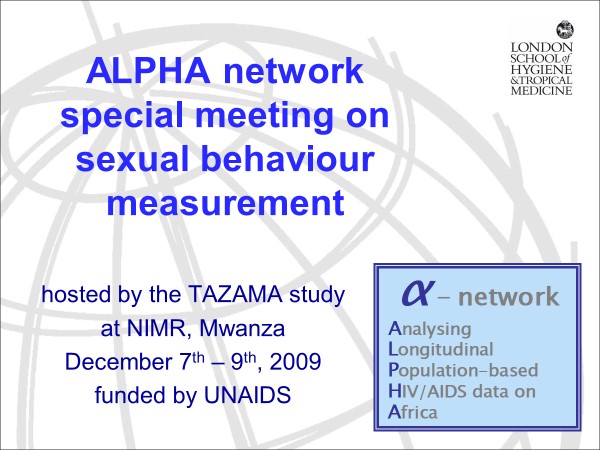
UNAIDS: Sponsored special meeting on concurrent partnerships
Mwanza, Tanzania
December 2009
This meeting was convened by UNAIDS to assess data and methods for measuring sexual behaviour with particular relevance to the understanding of concurrent partnerships.
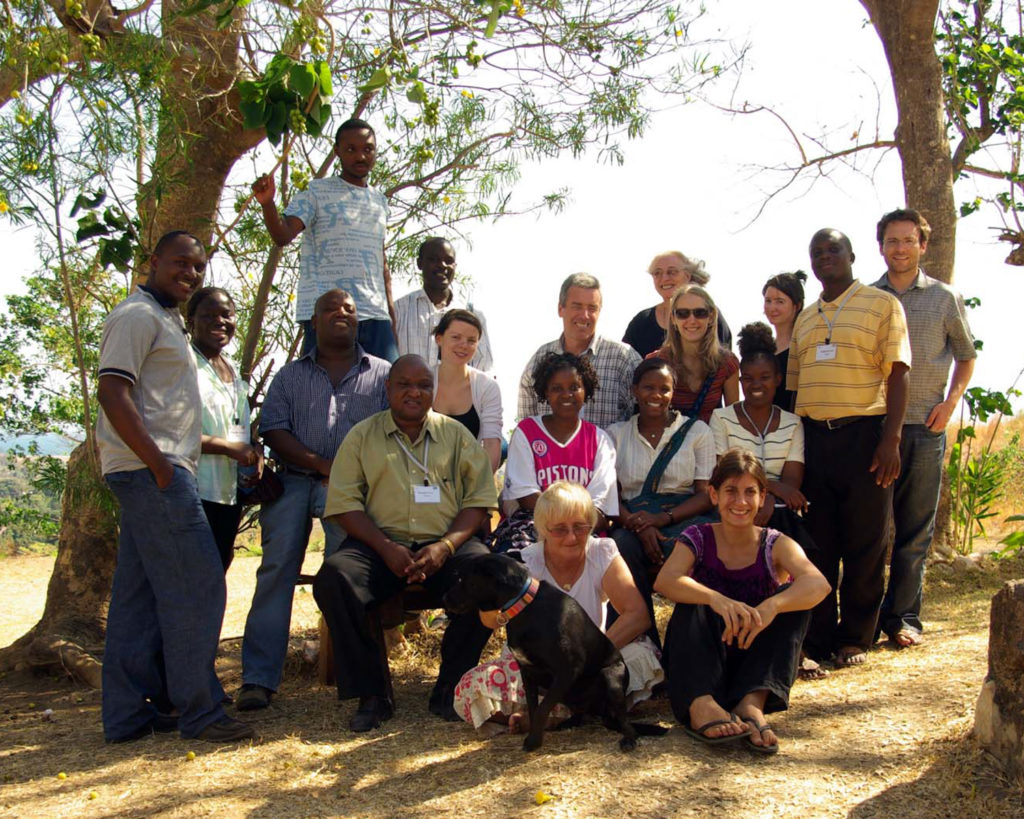
Workshop 5: Uptake of VCT and ART
Karonga, Malawi
November 2008
This workshop looked at the use of VCT and ART, estimating the need for ART and the impact of treatment on mortality.
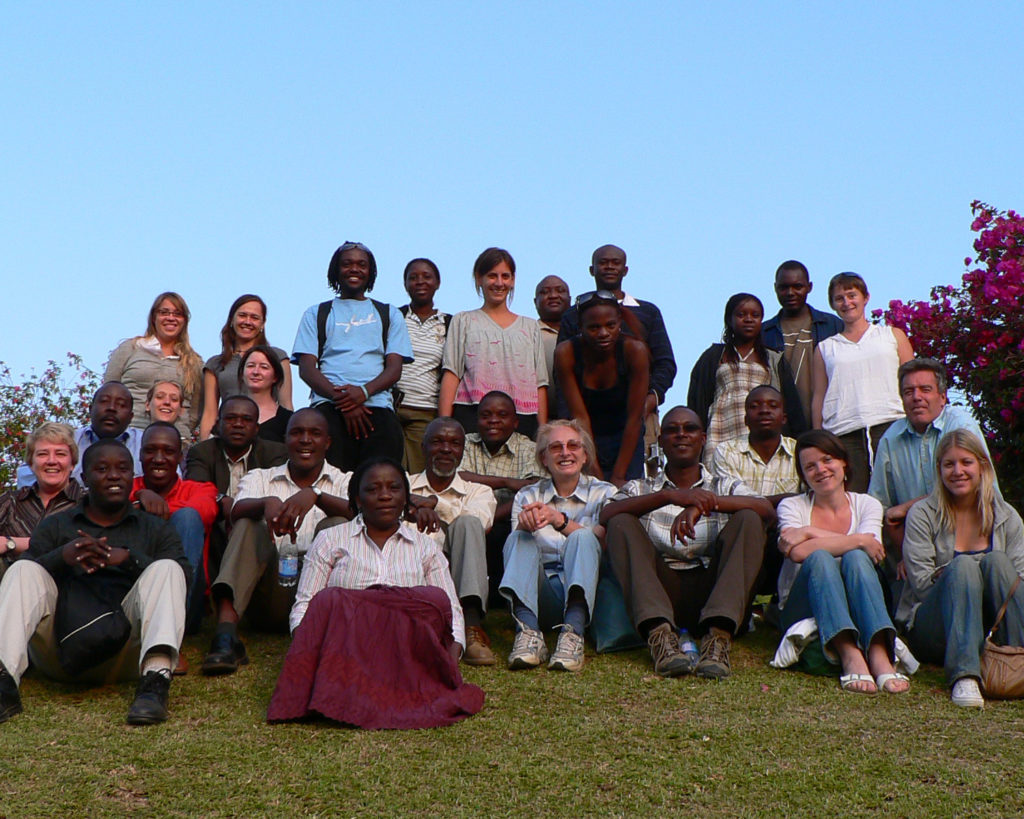
Workshop 4: Sexual behaviour and marriage
Manicaland, Zimbabwe
September 2007
In the fourth workshop we covered the distribution of behavioural risk factors for HIV infection and additionally included the MDICP project in Malawi.
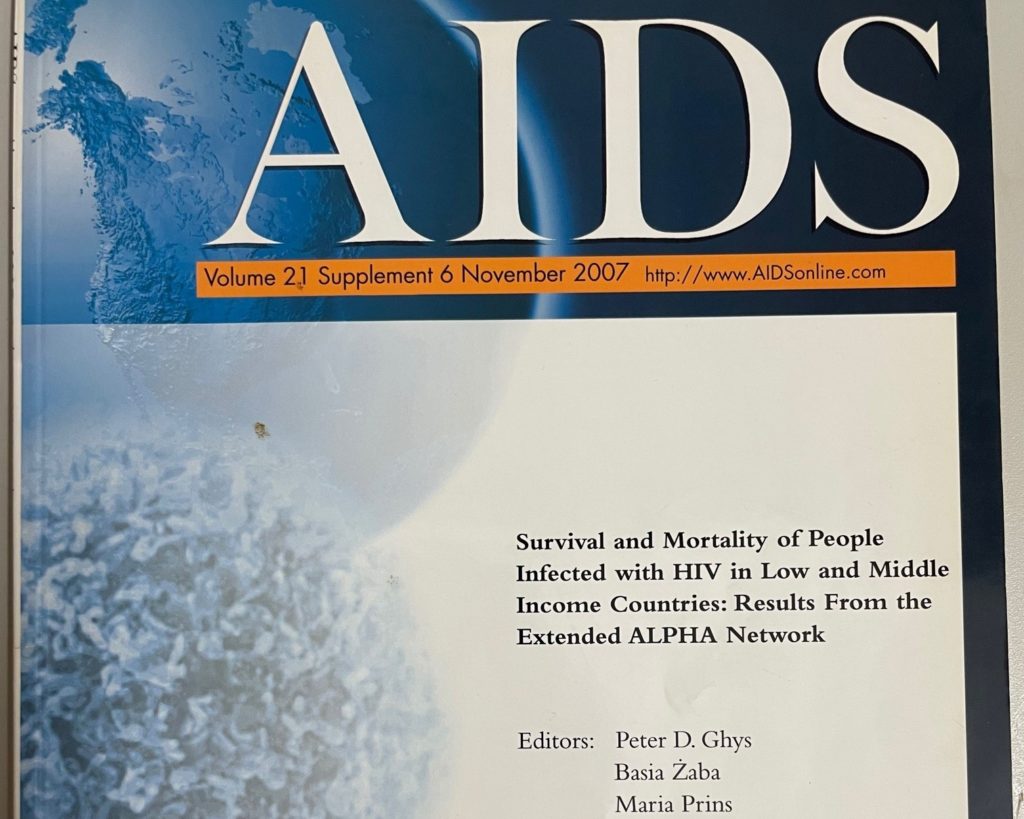
Workshop 3: HIV Mortality
Entebbe, Uganda
November 2006
This workshop focussed on survival post-HIV infection and included additional occupational cohorts from Thailand and South Africa.
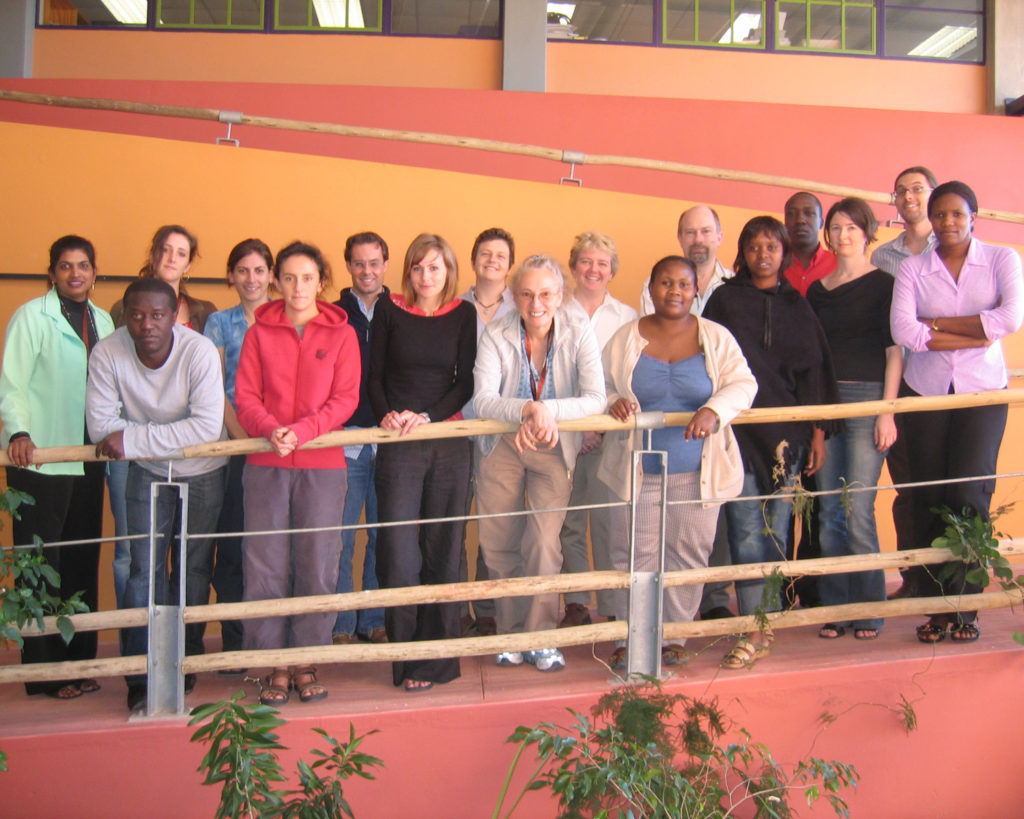
Workshop 2: Family Demography
Mtubatuba, South Africa
June 2006
This workshop included descriptive analysis of household and family composition and further analysis of HIV incidence rates.
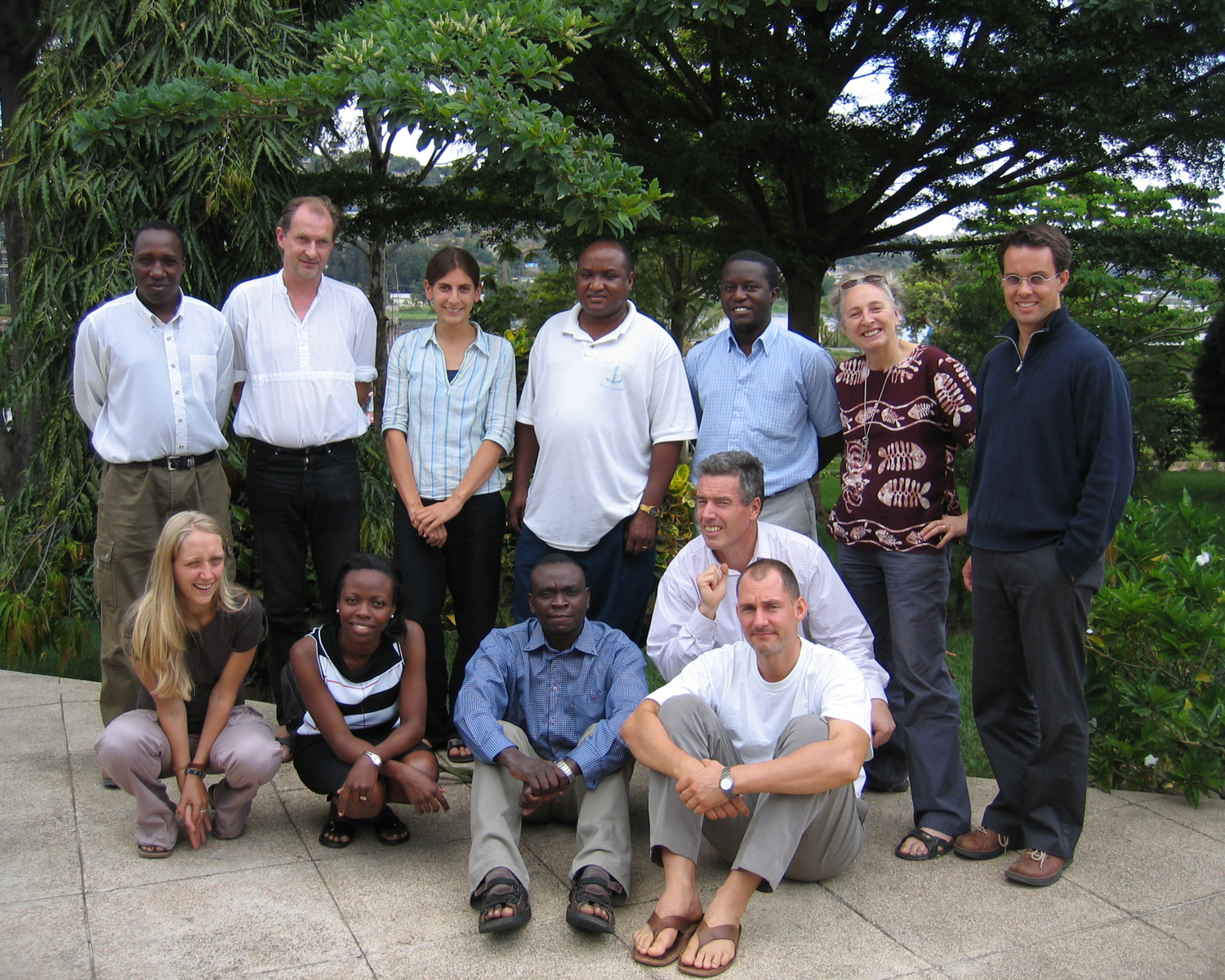
Workshop 1: Age patterns of incidence and age patterns of HIV infection
Mwanza, Tanzania
October 2005
This first workshop covered the techniques for estimating HIV incidence and focussed on calculating age-specific incidence rates.
